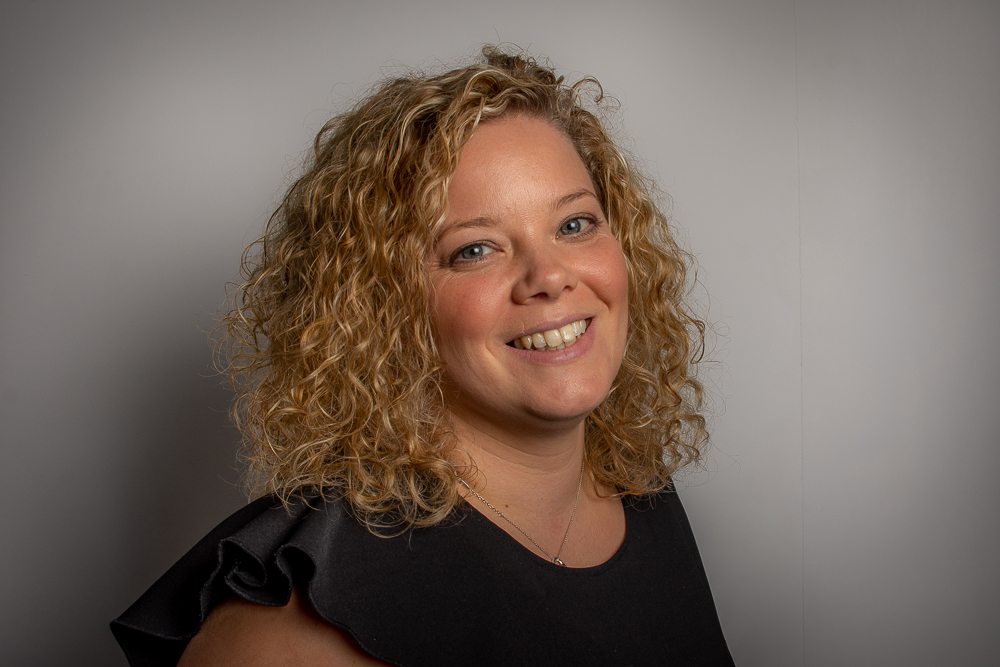Spotlight Interview – Emma McLaughlin-Edwards | Constructing Rainbows
Is ED&I dropping down the FM agenda? We met with Emma McLaughlin-Edwards from Constructing Rainbows to find out. Emma is an equality, diversity and inclusion...
Read Full Article
A new report suggests that profit margins are 10 times greater in firms where at least one-third of the executive committee are women, compared to those with less female representation.
London-listed companies with no women on their executive committees have a net profit of 1.5 per cent, whereas those with more than one in three women at that level reach a 15.2 per cent net profit margin.
The report, from diversity business The Pipeline, also discovered that in the FTSE 100, there are more CEOs called Peter than there are women bosses.
Women Count 2020 is the fifth annual study of women executives, their roles on executive committees, and the impact on business performance in FTSE 350 companies, as it stands at 17th April 2020. Of the 350 largest businesses listed in the report, 14 are led by women and 15 per cent have no female executives at all.
ThisWeekinFM spoke to a range of facilities and workplace management professionals representing women in FM, to get their reaction to the study’s findings, and their take on how their industry is performing in terms of gender diversity.
“In the FTSE 100, there are more CEOs called Peter than there are women in the top job. Depressingly, that is one fewer female CEO than last year.”
–Rt Hon Theresa May MP
Former Prime Minister of the UK
Simone Fenton-Jarvis is a Workplace Consultancy Development Director at Ricoh and has over 13 years of experience in property management and facilities management. After beginning her career as a gym instructor and PE teacher, she moved into facilities management through her work managing a leisure centre.
Fenton-Jarvis notes that it’s been known for some time now that diverse organisations perform better and again it shows organisations with less diversity are missing out, not just in relation to the bottom line.
"I watched a webinar a few weeks ago which was discussing how the profile of a ‘typical FM’ has remained unchanged: a 45-year-old man who fell into the profession."
–Simone Fenton-Jarvis
Workplace Consultancy Development Director, Ricoh
By her own admission, she “fell into the profession” rather than being actively encouraged into FM and spoke about the challenges of working in a predominantly male-dominated industry:
“I watched a webinar a few weeks ago which was discussing how the profile of a ‘typical FM’ has remained unchanged: a 45-year-old man who fell into the profession.
“As a 32-year-old woman who fell into the profession, it was clear from the start that I was in a male-dominated world. Over the years I have had many battles with everyday sexism, from overt comments, to passion and assertiveness being misconstrued as me being ‘emotional’.
.jpg)
Picture: Photograph of Simone Fenton-Jarvis
“Then there are simple ‘mishaps’ like receiving phone calls to speak to “Simon”, or contractors turning up to my buildings and asking to speak to the boss, seeing I am the boss and then ‘mansplaining’. My gender undoubtedly affected my pay and promotions in my early career too.
Fenton-Jarvis also highlights the need for FM to be positively promoted as a career option to all genders:
“The biggest issue though is the fact that I had to fall into the profession, it wasn’t a career which was positioned to me; we need to be encouraging the FM industry from an early age, to both men and women (and everybody in between). And let’s acknowledge this too, all research to date is identifying two genders, for a truly inclusive organisation, we need to welcome everybody.”
Nicola Lathbury is the Managing Director of Hexagon FM, Chair of Women in Facilities Management, and Chair of IWFM Midlands Region, and calls for a change in recruitment process to encourage more females into leadership teams.
She describes the misconception in recruiting for FM roles: “It is clear to see the companies that have women in their senior leadership teams are outperforming other businesses and whilst most large companies say that they are looking to take more senior female leaders into their leadership teams, unfortunately their recruitment processes and how they engage people doesn’t always support this.
“There is a misconception when recruiting for senior roles, that a total facilities management account lead needs to hold technical qualifications in mechanical and electrical. Surely the most important skill is to be able to manage relationships with your clients and stakeholders and your teams to get the job done? If there is a strong technical lead on the account/site, who acts as your technical advisor, surely this should suffice?

Picture: Photograph of Nicola Lathbury
“The people often tasked with recruiting for their teams, hold these qualifications and look for someone who comes from the same background (unconscious bias). Therefore, we keep going in circles and never really move past it.
“Hexagon is working hard with our clients to identify unconscious biases they may have, and to overcome them.”
Lathbury added that she’s hopeful that the new working from home culture will be a change for good to help companies attract the best talent for the job and “level the playing field”, delivering a more diverse mix.
Two FM service providers who feel proud to represent women in FM are Churchill Group and Business Moves Group, an FM soft service provider and office relocation specialist respectively.
Melanie Taylor, HR Director at Churchill Group notes that FM still has much to do, with 49 per cent of companies in the sector having no female representation at board level, but praised the diversity of her employer:
“We’re proud that female representation on our board currently stands at 31 per cent, while our senior management team is 47 per cent female. As well as the obvious benefits of having a diverse leadership team, this sends a message to all women at Churchill that the opportunities are there for them to progress in a similar fashion. That’s a big draw for attracting and retaining talent.”
“It’s more common for women to move into senior positions through changing jobs, but that can impact skill development as more time has to be spent learning to work for a new manager. I’d encourage businesses to look within the company when considering diversity issues. The chances are that the talent is there, it just needs to be identified and given a platform to succeed.”
–Rachel Houghton
Managing Director, Business Moves Group
Rachel Houghton, Managing Director at Business Moves Group added that her gender and age when joining the board provided the company with a “fresh outlook”:
“I’ve always been proud of the fact that I am one of the few female leaders in an industry traditionally dominated by men. As well as offering a female perspective when I joined the board, I also brought a fresh outlook as I was a generation younger than the rest of the board.
“I was fortunate to be given the opportunity early on because the senior team recognised the need for diversity. It’s a luxury to have grown within the same business and has helped me define my leadership skills.
“It’s more common for women to move into senior positions through changing jobs, but that can impact skill development as more time has to be spent learning to work for a new manager. I’d encourage businesses to look within the company when considering diversity issues. The chances are that the talent is there, it just needs to be identified and given a platform to succeed.”
Picture: A photograph of a woman working at a desk
Article written by Ella Tansley | Published 28 July 2020
Is ED&I dropping down the FM agenda? We met with Emma McLaughlin-Edwards from Constructing Rainbows to find out. Emma is an equality, diversity and inclusion...
Read Full ArticleSamantha West is an experienced FM Commercial Director who uses her lived experience as a transgender woman to help businesses improve their Equality Diversity and...
Read Full ArticleSatia Rai joins ThisWeekinFM to discuss her passion for the private security industry, her activism and career highlights. Satia, who is the CEO of IPSA, began her...
Read Full Article2024’s International Women's Day theme is “inspire inclusion” – let’s take a look at how companies in FM and the built environment are...
Read Full ArticleSatia Rai, CEO at IPSA & Head of Belonging at Securitas UK, outlines why it's essential for the security industry to “reflect who it...
Read Full ArticleArchitect Deborah Saunt outlines how the built environment is failing women and why we must integrate a gender perspective when legislating for and...
Read Full ArticleA new report from the National Institute of Building Sciences provides a glimpse into how workers in the built environment experience prejudice based on age, gender and...
Read Full ArticleCannock-based housebuilder Jessup Partnerships is looking to encourage talented women into the workforce and has produced a video to mark International Women’s Day...
Read Full ArticleNew research shows that 2 per cent of the heating and hot water industry sector’s workforce are women and only 5 per cent are from an ethnic minority...
Read Full ArticleThe Women to Watch & Role Models for Inclusion in Hospitality, Travel & Leisure (HTL) Index 2022 has named several women working in facilities management in its...
Read Full Article